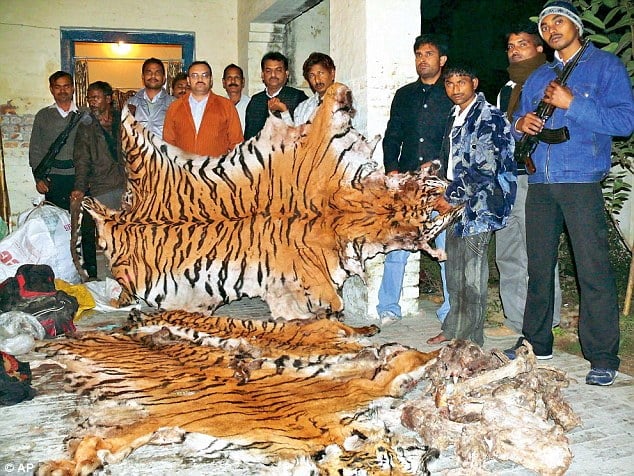WCCB’s Operation Thunderbird and Operation Save Kurma for fight against wildlife crime
Wildlife Crime Control Bureau (WCCB) has successfully coordinated Operation Thunder Bird from January 30 to February 19, 2017 in its fight to end poaching of India’s wildlife animals.
It also had convened Operation Save Kurma, a species specific operation on turtles between 15 December 2016 and 30 January 2017.
Key Facts
- Operation Thunderbird: It is code-name of INTERPOL’s (International Criminal Police Organization) multi-national and multi-species enforcement operation for wildlife protection.
- It has resulted in huge seizures of 2, 524 Live species of scheduled animals, 9 wild animal carcasses, 19.2 kg elephant ivory, 1 tiger skin, 1 organ pipe coral, 1 jar snake venom, 8 leopard skins and 1 Indian Mujtac skin.
- The operation brought about a unanimous approach by the state enforcement agencies in the fight against wildlife crime in the country.
- It had received overwhelming response from the states of Assam, Meghalaya, Maharashtra, Odisha, Madhya Pradesh, Delhi, Uttrakhand, Bihar, West Bengal, Jharkhand, Gujarat, Karnataka, Tamil Nadu and Uttar Pradesh.
- Operation Save Kurma: It was species specific operation on turtles. Under it total of 15,739 live turtles were recovered from 45 suspects, having inter-state linkages.
- It helped the enforcement agencies to focus on the existing trade routes and major trade hubs in the country, which will be continued in future.
About Wildlife Crime Control Bureau (WCCB)
- WCCB is statutory multi-disciplinary body under the Union Ministry of Environment, Forests and Climate Change (MoEFCC) to combat organized wildlife crime in the country.
- It was established in June 2007 by amending the Wildlife (Protection) Act (WLPA), 1972, a special Act to protect the wildlife and fauna in the country.
- It is headquartered in New Delhi and has five regional offices at Delhi, Mumbai, Kolkata, Chennai and Jabalpur; three sub-regional offices at Amritsar, Guwahati, and Cochin; and five border.
- Functions: Under Section 38 (Z) of WLPA, 1972, it is mandated to collect and collate intelligence related to organized wildlife crime and disseminate it to state and other enforcement agencies for immediate action.
- It assist foreign authorities and international organization concerned to facilitate co-ordination and universal action for wildlife crime control.
- It is tasked with capacity building of the wildlife crime enforcement agencies for scientific and professional investigation into wildlife crimes and assist states to ensure success in wildlife crimes prosecutions.
- It advises Union Government on issues relating to wildlife crimes having national and international ramifications, relevant policy and laws.
- It also assists and advises the Customs authorities in inspection of the consignments of flora & fauna as per the provisions of Wild Life Protection Act, CITES and EXIM Policy governing such an item.
Month: Current Affairs - March, 2017


